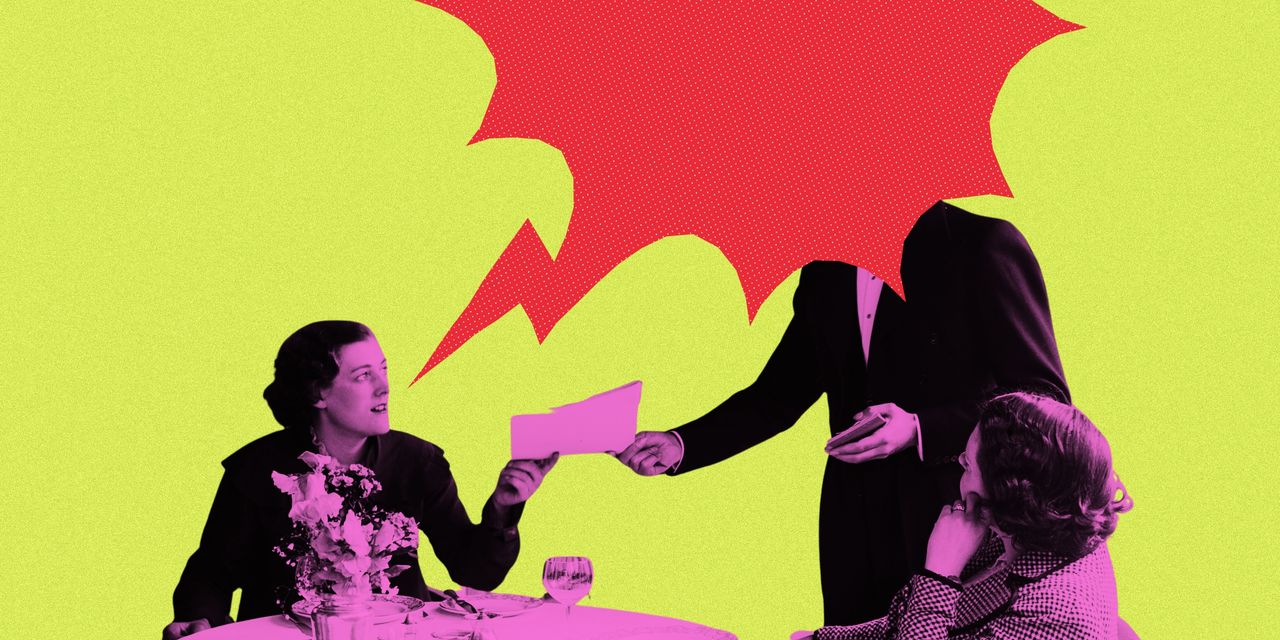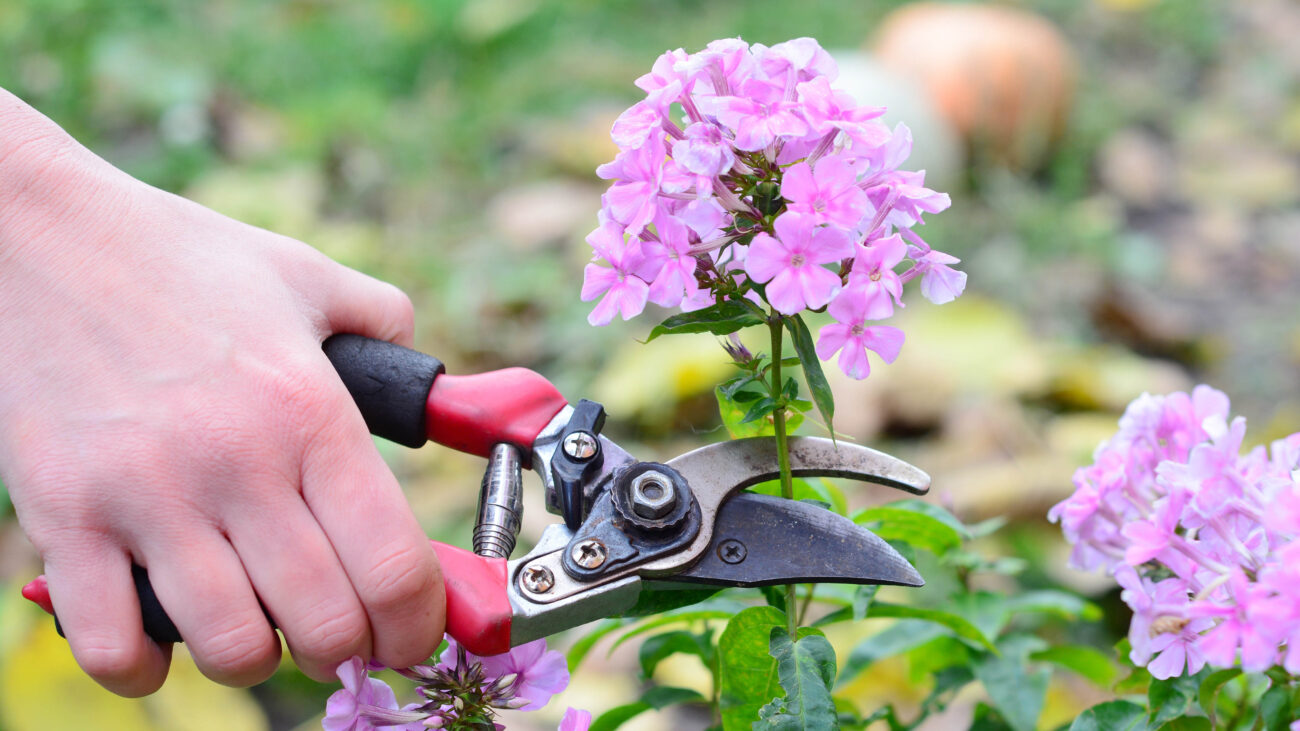Blog
My Friend Cut Me Off. How Can I Get Them to Forgive Me?

Welcome to Asking for a Friend, a monthly advice column dedicated to helping you make sense of your messiest, most complicated friendship moments. Each month, clinical psychologist Miriam Kirmayer, PhD, will answer readers’ burning—and anonymous—questions. Got one of your own? Ask Dr. Miriam here.
Dear Dr. Miriam,
I feel embarrassed to admit this, but my friend cut me off for being “toxic.” Looking back, I used to subtly put them down and exclude them because I was jealous. They were thriving in their career while I felt stuck in mine, and being around them only reminded me of these insecurities.
It’s been almost 10 years since our friendship breakup. I still think about them all the time, and I really regret how I acted. Is it too late to apologize—especially since they seem to be doing great without me? I’d also love to potentially reconnect since we never had closure, but I have no idea how to go about it, and I’m scared of being rejected or called out. What do I do? Where do I start?
—Ten Years Too Late?
Ten Years Too Late,
Kudos to you for being willing to self-reflect and think about your role in this long but potentially not-all-lost friendship. Taking a good, hard look at our friendship history isn’t exactly comfortable, is it? You raise several important questions, and I appreciate your emphasis on the actionable: How do I cope and live with this feeling of regret? What can I do to reach out and even rekindle that connection?
Before you try to answer these, I want you to get curious about your why. Why do you feel compelled to reach out after all this time? Are you seeking forgiveness? Looking for clarity on what led to the breakdown of your friendship? Hoping for a chance to explain or even justify your behavior? Wanting to reestablish a connection? There are no right or wrong answers but discovering your why will help you to answer your other question of whether you should.
Here’s the other missing piece: Accessing your personal why isn’t just about knowing your motivations behind reaching out—it’s about recognizing what is actually in your control.
The truth is, you can’t predict, much less control, how your friend will respond. Likewise, you can’t force them to share their side of the story or even to pick up the phone. (This uncertainty may even be what’s keeping you stuck in a cycle of rumination and avoidance.) But you can make it clear that you’re open to apologizing or having a conversation.
If you were hoping to reconnect, you could send a message like, It’s taken me a while to get to this place, but I’ve been thinking a lot about how our friendship ended. I know I had a big role in that, and I’m really sorry. I’m not reaching out to justify my behavior and I don’t expect anything in return. You don’t have to respond—but if you are open to it, I’m here and would love to catch up.
Or, if you’re prioritizing self-learning and growth: I know hearing from me might be a little unexpected (understatement). You’ve been on my mind, and I’d really appreciate the chance to have a real conversation about what happened between us. I’m trying to learn from my past, and our friendship was a big part of that. Would you be open to a phone call or even a coffee? Through this process, you may decide that “closure” involves letting this connection stay rooted in the past and channeling gratitude for those shared memories and lessons.
Here’s the other thing to reconsider: At what point does your gift of introspection spill over into self-blame? It’s one thing to recognize how our actions contribute to disconnection and conflict. It’s another to label ourselves as a “bad” or “toxic” friend.
You’re definitely not the only one to turn to these labels (this is such a common theme in friendship therapy). But I am curious, whose words are these? Are you repeating language that others have used against you in moments of hurt, or are you committed to continuing the hurt under the guise of accountability?
This kind of language is both largely unhelpful and wholly non-specific. Labels invalidate the very real pain and disappointment you were likely experiencing at that time. And let’s be honest, does self-criticism make it clear what we actually need to change or make that change any more likely? Spoiler alert: It most definitely does not!
To cope with the ending of a friendship (no matter how much time has passed) and get clarity on a possible reconciliation, we need a powerful blend of compassion and curiosity—compassion for the you then, who felt jealous and had to grieve the loss of this friendship, but also for the you now, who still finds this hard. My favorite way to do this? Ask yourself, “What do I wish a friend (maybe even this friend) would say to me in this moment?” Channel that kindness inward.
Then there’s also curiosity for what this past friendship can teach you—or what it already has. Consider the story you’ve been telling yourself about your ex-friend’s experience: Is it possible they see things differently than you’re imagining they are? Could they have already forgiven you? Might they be open to a reconciliation or, at the very least, a conversation? Have they really moved on in the way you seem to assume? It turns out we often underestimate how much past friends enjoy hearing from us, especially when it’s unexpected.
But don’t take it personally if your ex-friend isn’t receptive to your efforts. Based on how vulnerable you were in your question, it sounds like you’ve already begun a lot of the inner work—and that’s something you should be really proud of. Just because you may have fallen short a decade ago doesn’t mean you’re not capable of being a caring, thoughtful friend today. Now, how can you shift your attention to connecting more deeply with people who see you for this present version of yourself—which may or may not include this past friend?
Related:
Got a friendship dilemma? Submit your questions to Dr. Miriam here.












